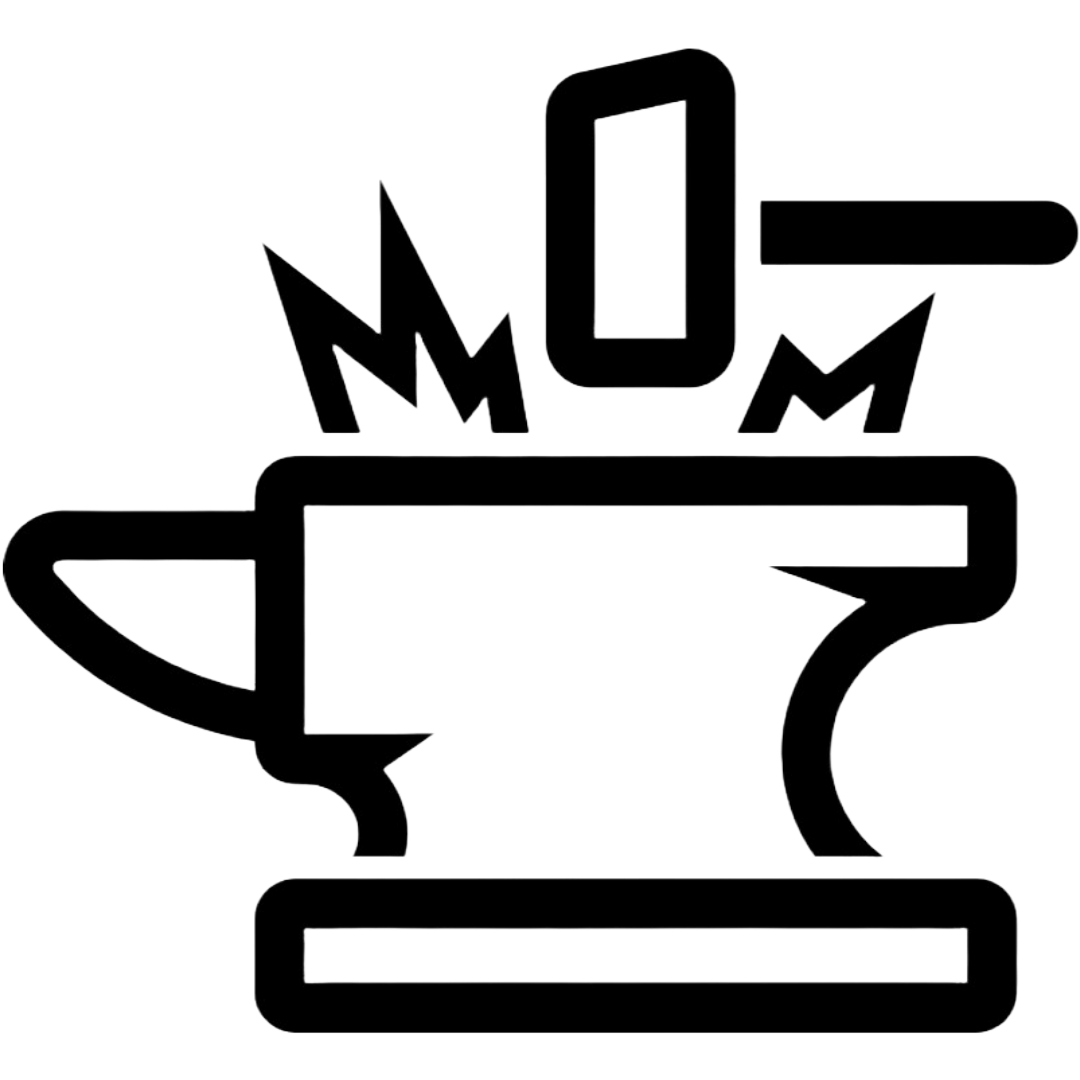What is Doxxing?
Doxxing, also known as “doxing,” is the practice of a malicious actor publishing personal information about an individual without their consent. This information can include full name, address, phone number, email address, and other sensitive information such as financial information and personal photographs. Doxxing is often used as harassment, intimidation, or retaliation.
How does one get the information to “Dox” someone?
Data aggregation is the collecting, merging, and analyzing of data from multiple sources to generate new information. While data aggregation can be used for beneficial purposes, such as improving customer service and creating targeted advertising, it also threatens our privacy and security.
One of the biggest concerns with data aggregation is that companies and organizations can collect vast amounts of personal information about individuals without their knowledge or consent. This information can include sensitive data such as location data, browsing history, purchase history, and personal communications. Once this data is collected, it can be used for various purposes, such as targeted advertising, political profiling, and predictive policing.
Another concern is that data aggregation can lead to the creation of detailed profiles of individuals, known as “digital dossiers.” These dossiers can be used to predict and influence an individual’s behavior and decisions. For example, companies can use data aggregation to predict which products an individual is likely to buy and then target them with tailored advertising. In the political sphere, data aggregation can be used to influence voter behavior and sway elections.
Data aggregation also poses a threat to our security. Data collected and stored in a centralized location becomes a valuable target for hackers and cybercriminals. The more data collected, the more valuable it becomes and the more attractive it is to hackers. A data breach can result in the theft of sensitive information, financial loss, and even identity theft.
To protect ourselves from the threat of data aggregation, we must be aware of how our personal information is collected and used. We can do this by reading privacy policies, being mindful of the apps and websites we use, and adjusting our privacy settings accordingly. We should also be aware of the potential risks of using technology and be mindful of the information we share online.
Data aggregation can be a powerful tool for improving customer service and creating targeted advertising, but it also poses a significant threat to our privacy and security. By being aware of how our personal information is being collected and used, we can take steps to protect ourselves and support privacy-focused legislation.
So why Doxxing?
The rise of the internet and social media has made it easier for individuals to collect and disseminate personal information. Doxxing can occur on various platforms, including social media, forums, and even through hacking. The information is publicly available in some cases, but in others, it is obtained through phishing, social engineering, or hacking.
One of the most common targets of doxxing is individuals who are active in online communities or have a significant online presence. This can include journalists, activists, and even politicians. In these cases, doxxing can be used as a form of retaliation or intimidation in an attempt to silence or discredit the individual.
Doxxing can have severe consequences for the individual targeted. It can lead to harassment, stalking, and even physical harm. It can also lead to the loss of employment or damage to their personal and professional reputation. In some cases, doxxing can even risk the individual’s safety.
Protect Yourself
To protect yourself from doxxing, you must be aware of the information you share online. Be cautious about your personal information on social media and other platforms, and think carefully before sharing sensitive information. Use privacy settings to control who can see your information, and consider using a pseudonym or nickname instead of your real name.
It’s also important to be aware of the potential risks of using technology and to be mindful of the information you share online. Be wary of unsolicited emails, messages, or phone calls that ask for personal information or login credentials. Use a firewall and antivirus software to protect your computer and devices from hacking.
Are you a Victim?
If you are a victim of doxxing, there are steps you can take to protect yourself. Contact your local police department and report the incident. They may be able to assist you with obtaining a restraining order or other legal remedies. You can also contact the platform or website where the information was posted and ask them to remove it.
Know your digital footprint
In conclusion, Doxxing is a serious threat that can have severe consequences for the individual targeted. It’s essential to be aware of the information you share online and take steps to protect yourself from doxxing. By being mindful of the potential risks of using technology and being aware of how our personal information is being collected and used, we can protect ourselves from this type of harassment and intimidation.
